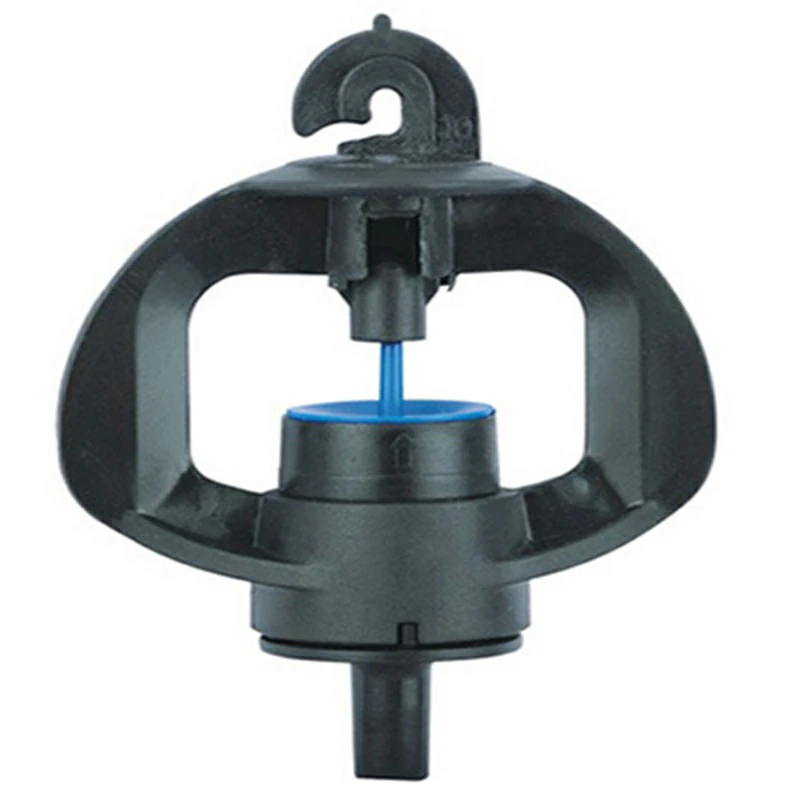What types of materials are plastic impact sprinklers made from?
Plastic impact sprinklers are typically made from various types of thermoplastics, which are lightweight, durable, and resistant to corrosion.
Some common materials used in manufacturing plastic impact sprinklers include:
- Polypropylene (PP): Polypropylene is a versatile thermoplastic known for its chemical resistance, high strength-to-weight ratio, and low cost. It is commonly used in the construction of impact sprinklers due to its durability and suitability for outdoor applications.
- Acrylonitrile Butadiene Styrene (ABS): ABS is a tough and rigid thermoplastic that offers good impact resistance and dimensional stability. It is often used in the manufacturing of impact sprinkler housings and components due to its strength and ability to withstand mechanical stress.
- Polyethylene (PE): Polyethylene is a lightweight and flexible thermoplastic known for its excellent resistance to chemicals, moisture, and UV radiation. It is commonly used in the construction of impact sprinkler bodies, nozzles, and other components that require resistance to harsh environmental conditions.
- Polyvinyl Chloride (PVC): PVC is a rigid thermoplastic known for its chemical resistance, durability, and affordability.plastic impact sprinkler It is often used in the manufacturing of impact sprinkler components such as risers, fittings, and adapters due to its versatility and ease of processing.
- Nylon: Nylon is a strong and durable thermoplastic known for its high tensile strength, abrasion resistance, and toughness. It is sometimes used in the construction of impact sprinkler components such as gears, bearings, and seals to enhance performance and longevity.
- Polycarbonate (PC): Polycarbonate is a transparent thermoplastic known for its high impact strength, heat resistance, and optical clarity. While less common than other materials, it may be used in certain applications where visibility of internal components is desired.
These materials offer a combination of properties that make them well-suited for use in impact sprinklers, including resistance to corrosion, chemicals, and UV radiation, as well as durability, ease of processing, and cost-effectiveness. Manufacturers may select specific materials based on factors such as performance requirements, environmental conditions, and cost considerations to ensure the reliability and longevity of plastic impact sprinklers.
